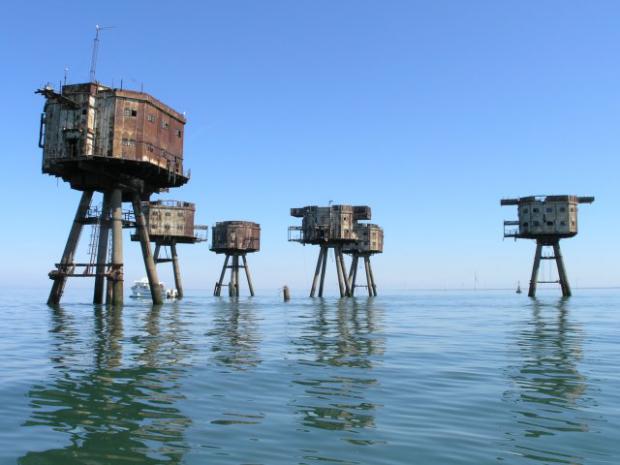
Breaking News
 Teacher Enoch Burke Arrested Again at Wilson's Hospital School...
Teacher Enoch Burke Arrested Again at Wilson's Hospital School...
 Ray Dalio: "The USD may lose its reserve currency status."
Ray Dalio: "The USD may lose its reserve currency status."
 Mark Carney's full speech at the World Economic Forum
Mark Carney's full speech at the World Economic Forum
 Advanced-Stage Colon Cancer Dies When You Do THIS
Advanced-Stage Colon Cancer Dies When You Do THIS
Top Tech News
 The day of the tactical laser weapon arrives
The day of the tactical laser weapon arrives
 'ELITE': The Palantir App ICE Uses to Find Neighborhoods to Raid
'ELITE': The Palantir App ICE Uses to Find Neighborhoods to Raid
 Solar Just Took a Huge Leap Forward!- CallSun 215 Anti Shade Panel
Solar Just Took a Huge Leap Forward!- CallSun 215 Anti Shade Panel
 XAI Grok 4.20 and OpenAI GPT 5.2 Are Solving Significant Previously Unsolved Math Proofs
XAI Grok 4.20 and OpenAI GPT 5.2 Are Solving Significant Previously Unsolved Math Proofs
 Watch: World's fastest drone hits 408 mph to reclaim speed record
Watch: World's fastest drone hits 408 mph to reclaim speed record
 Ukrainian robot soldier holds off Russian forces by itself in six-week battle
Ukrainian robot soldier holds off Russian forces by itself in six-week battle
 NASA announces strongest evidence yet for ancient life on Mars
NASA announces strongest evidence yet for ancient life on Mars
 Caltech has successfully demonstrated wireless energy transfer...
Caltech has successfully demonstrated wireless energy transfer...
 The TZLA Plasma Files: The Secret Health Sovereignty Tech That Uncle Trump And The CIA Tried To Bury
The TZLA Plasma Files: The Secret Health Sovereignty Tech That Uncle Trump And The CIA Tried To Bury
What Is a Pirate Radio Station?

A group of eye-patched, ol' sea dogs partying around a speaker system? A collection of sea ballads played on air? Just what is a pirate radio station? While these broadcasts have been around for decades, there's much more to this than meets the eye and easily meshes with the trait of being 'strange sounds.'
So, just what are pirate radio stations? You may be surprised.
What is a pirate radio station?
All that's really required for a radio station to be considered a pirate station is for it to be broadcasting illegally. Despite radio frequencies being as old as the earth, it didn't take long after their discovery for the radio spectrum to become heavily legislated. Virtually every country on earth now has its own host of radio laws on the books, allegedly to prevent chaos on the airwaves.
Pirate broadcasts are those which buck this system. With a long history of being started up to give radio listeners access to forbidden music, alternative viewpoints, and the like, pirate radio has a bit of notoriety to it.
Where did pirate radio begin?
Pirate radio began when Federal Communication Commission (FCC)-like rules began to spread around the world. As soon as there were laws on the books, there were pirate radio stations on the air. Where the "modern" history of pirate radio seems to begin, though, is in the 1960s when pirate radio operators would get on the air to spread their music to a wider audience.
One of the first pirate radio operators we know of was Ronan O'Rahilly. A public relations guru, O'Rahily sought to spread the fame of musician Georgie Fame at a time when Fame was having a difficult time getting his music out to an English audience.

 Nano Nuclear Enters The Asian Market
Nano Nuclear Enters The Asian Market


